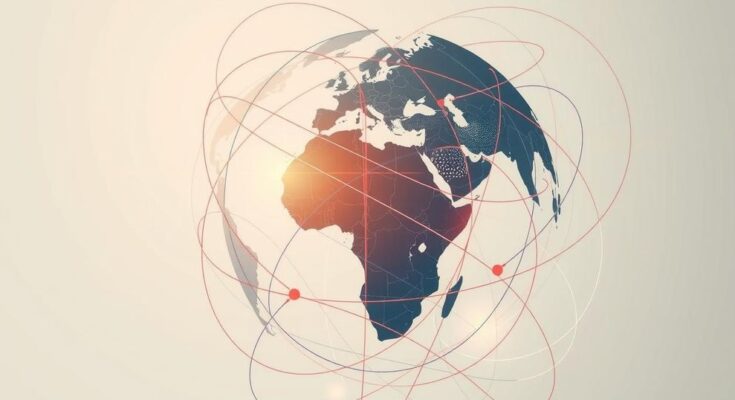Argentina has decided to withdraw from the WHO, citing deep differences over the organization’s management of health issues such as the COVID-19 pandemic. This decision reflects the country’s frustrations with the WHO’s handling of the crisis and concerns regarding political influences in its operations.
In a significant move, Argentina has announced its withdrawal from the World Health Organization (WHO), citing considerable disagreements regarding the management of health crises, particularly the COVID-19 pandemic. This decision was communicated by presidential spokesperson Manuel Adorni, who remarked on the previous administration’s stringent lockdown measures as a pivotal factor prompting this stance. Additionally, the spokesperson criticized the WHO for lacking independence from political influences exerted by other nations, mirroring sentiments previously expressed by former U.S. President Donald Trump regarding the organization’s handling of global health issues.
The WHO is a specialized agency of the United Nations responsible for international public health. Argentina’s exit may reflect broader concerns about the organization’s performance during the COVID-19 crisis, which has been a contentious topic among various governments. The decision underscores a growing trend among nations reassessing their affiliations with international bodies based on perceived efficacy and independence, particularly in response to the pandemic’s management.
Argentina’s withdrawal from the WHO illustrates a significant shift in its public health policy, motivated by dissatisfaction with the organization’s operational management during the COVID-19 pandemic. This development raises important questions about the future of international cooperation in health matters and highlights the complexities of global health governance.
Original Source: economictimes.indiatimes.com




